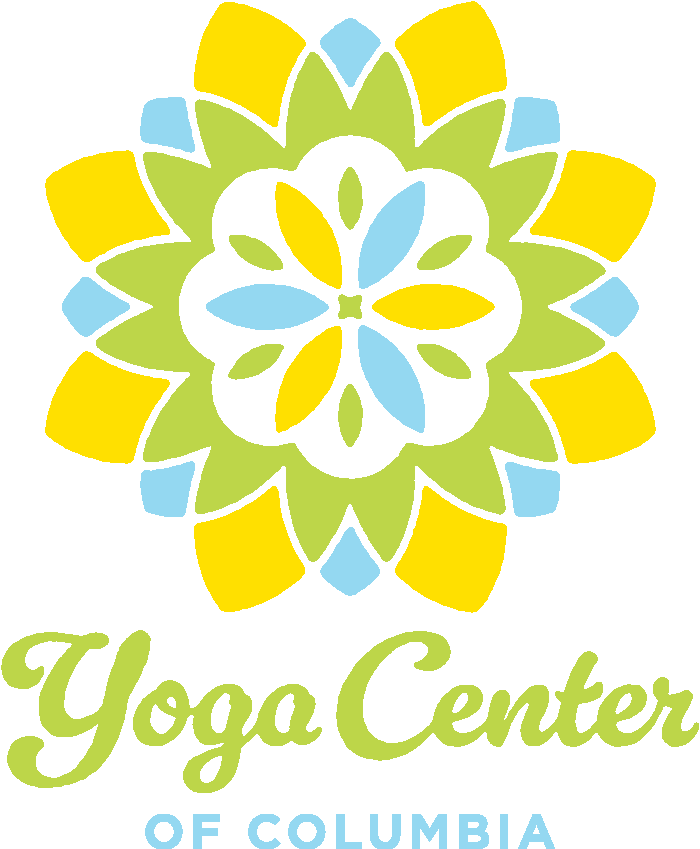The Breath of Life
“You are not lazy, you are wintering”. These are the words of Donna Ashworth, helping us to recognize that the colder and shorter days of winter tend to lure us under a cozy blanket after feasting on a steaming bowl of stew. Winter is a time for deeper introspection, a time to slow down, hibernate and to learn to be still. But for some, wintertime is hard. The limited sunlight pulls some into unwanted Seasonal Affective Disorder (SAD), exacerbating depression or anxiety. For others, the dark and quiet deepens grief, or feelings of desperate loneliness. While we can’t change the sun, we can place ourselves in more light, take advantage of the sunlight we do have during the day, shine our face toward the morning sun and soak it all in. We can also soften feelings of anxiety and depression with movement and mindful breathwork. Breathing goes beyond survival; breath is life, and through breathwork we can work to thrive and reclaim hope. Over time and regular practice, breathwork starts to change who we are, moving beyond fear and expanding possibilities of relationships, love, hope and happiness. James Nestor, author of Breathing, states “Willingness to breathe slowly will open up communications along the vagal network and relax us into a parasympathetic (rest, relax, digest) state”. 1 In this state, we can heal.
Breathwork that intentionally regulates our in-breath and our out-breath, in yogic terms, is called pranayama. Pranayama is one of the 8-fold steps for the yogic path and is considered the control of vital power or life force. Practiced well, it physiologically helps our body build homeostasis, equanimity and slow the fluctuations of the mind. Yoga sutra 1.34 reminds us that “calm is retained by the controlled exhalation or retention (pause) of the breath.”2 The root ‘ayama’, means to lengthen. Lengthening the exhale or extending the life force helps us to feel grounded and live a longer and healthier life.
Many research studies show that experiencing a sense of calm stems from the vagus nerve. Vagus activation occurs, in part, through slow, deep breathing. Lengthening the exhalation, in particular, is highly effective for those suffering from anxiety and depression. 3
A systematic review of over 58 articles found evidence that slow, deep breathing with a lengthened exhalation can lower heart rate, respiratory rate, and blood pressure. This occurs through baroreceptor stimulation in the large vessels of the cardiopulmonary system sending messages to the brain stem to slow everything down. Furthermore, the studies indicate that evidence of reduced anxiety and depression is enhanced when breathwork is taught by a trained teacher and practiced regularly for greater than 5 minutes at a time. 4
So just breathe, Dear One. Donna Farhi, author of The Breathing Book, writes, “The process of breathing lies at the center of every action and reaction and so by returning to it we go to the core of the stress response. By refining and improving the quality of our breathing we can feel its positive impact on all aspects of our being”. 5
Teachers at the Yoga Center of Columbia are trained in teaching pranayama. Whichever class you choose, you will gain the knowledge and practice of learning breathwork. You can make a difference in your own life. James Nestor reminds us that “In life, you are not the passenger, you are the pilot”.
Resources:
Nestor, James; Breath: The New Science of a Lost Art, 2020
Yoga Sutras of Patanjali
Anasuya B, Deepak KK, Jaryal AK, Narang R. Effect of slow breathing on autonomic tone & baroreflex sensitivity in yoga practitioners. Indian J Med Res. 2020 Dec;152(6):638-647. doi: 10.4103/ijmr.IJMR_559_19. PMID: 34145104; PMCID: PMC8224157.
Bentley TGK, D'Andrea-Penna G, Rakic M, Arce N, LaFaille M, Berman R, Cooley K, Sprimont P. Breathing Practices for Stress and Anxiety Reduction: Conceptual Framework of Implementation Guidelines Based on a Systematic Review of the Published Literature. Brain Sci. 2023 Nov 21;13(12):1612. doi: 10.3390/brainsci13121612. PMID: 38137060; PMCID: PMC10741869.
Farhi, Donna; The Breathing Book, 1996

